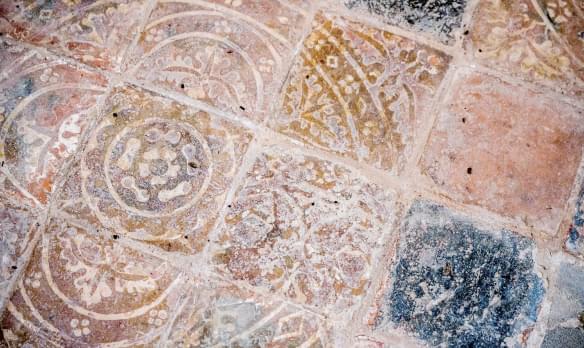
St German
Ranby, Lincolnshire | LN8 5LN
With 12th century origins St German’s is a grade II listed parish church that sits quite a way outside the village of Ranby, try and spot the large, ornate gargoyles of pigs and humans high above in the tower.
Search for a fascinating place to visit, or see the variety of churches, chapels and meeting houses we have supported.

Ranby, Lincolnshire | LN8 5LN
With 12th century origins St German’s is a grade II listed parish church that sits quite a way outside the village of Ranby, try and spot the large, ornate gargoyles of pigs and humans high above in the tower.

Woodhall Spa, Lincolnshire | LN10 6SH
The first Methodist church in Woodhall Spa was built in 1899 before which worshippers had to go to the chapel at nearby hamlet of Kirkstead.
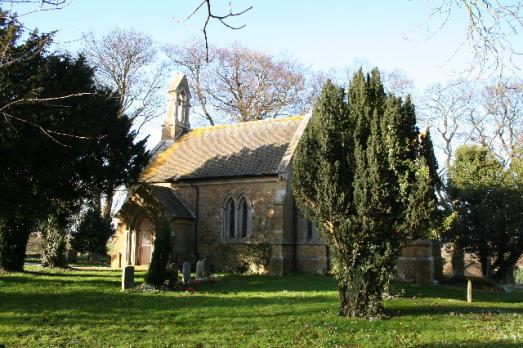
Kirmond le Mire, Lincolnshire | LN8 6HZ
The village comprises of little more than a row of houses and several farms, the church is on the north side of the road on an easterly slope running down to a small stream at the bottom of the hill, there are numerous footpaths in the area giving access to some good views of the Wolds.
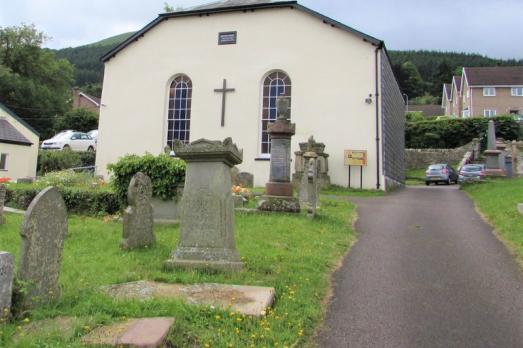
Govilon, Gwent | NP7 9RE
Home of the oldest continuing Baptist fellowship in Wales, founded in 1652; the building itself is Grade II* listed and in the style of the 1870s.
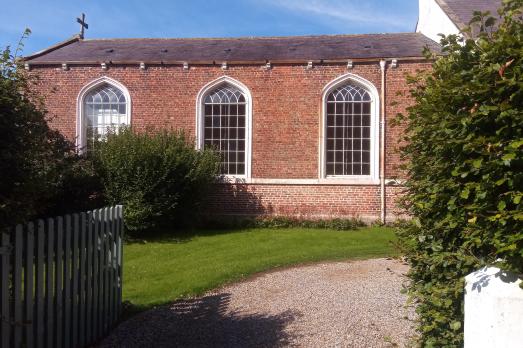
Crathorne, Yorkshire | TS15 0BB
A gem of a Georgian Roman Catholic pre-Emancipation Chapel opened 1821, and a rare example of believed only two such chapels in the country!
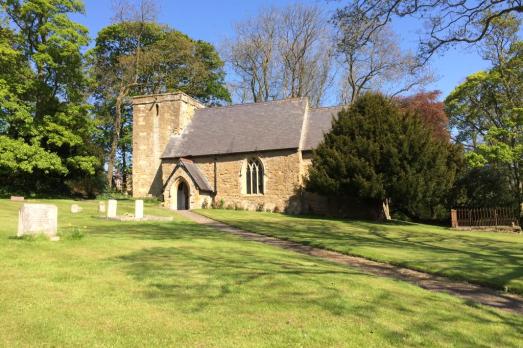
Cuxwold, Lincolnshire | LN7 6DA
Described by Arthur Mee as 'tiny and remote and prettily set' Cuxwold does indeed feel a little remote when there but it's only just off the main arterial road in Lincolnshire.

Gayton, Northamptonshire | NN7 3HP
A very early church with a Norman tower incorporating a late Saxon door case and, inside, a Norman font.

Grafton Underwood, Northamptonshire | NN14 3AA
A late 13th and early 14th century gothic church with interventions in the 18th century including the pulpit, and in the 19th century the stained glass.
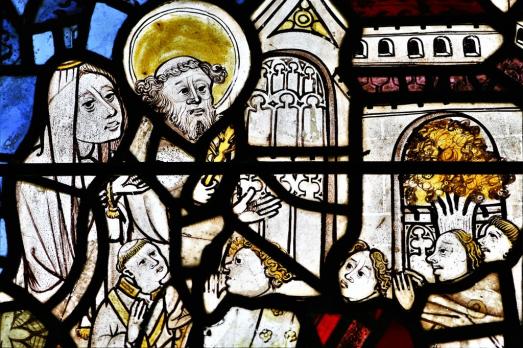
Greystoke, Cumbria | CA11 0TL
Greystoke is an area of ancient sacred wells, which attracted pilgrims from pagan times and in St Andrew's, the strange fact that the base of the chantry altar is never dry could be the reason for the earliest wooden built church on this site.

Far Cotton, Northamptonshire | NN4 8EZ
St Mary's is a friendly, welcoming church with real people and community roots.
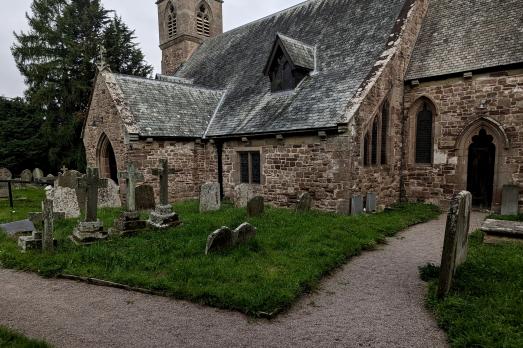
NP25 4HZ, Monmouthshire | NP25 4HZ
A welcoming village church, ancient but with modern facilities, where you may discover how the rumour of God can become more real.
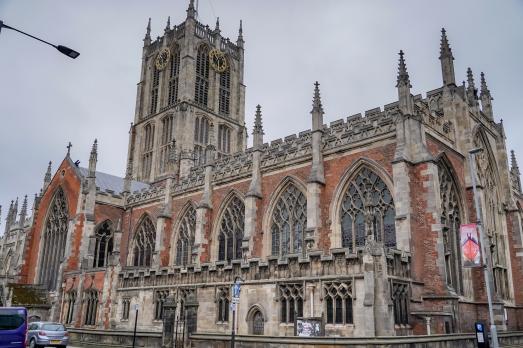
Hull, Yorkshire | HU1 1RR
At over 700 years old, Hull Minster is as old as Hull itself as since the 13th century we have been a constant presence in the city centre and some say the history of the city is literally written in our walls.
We have supported this church